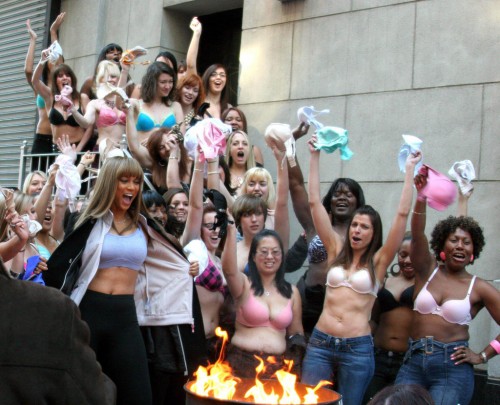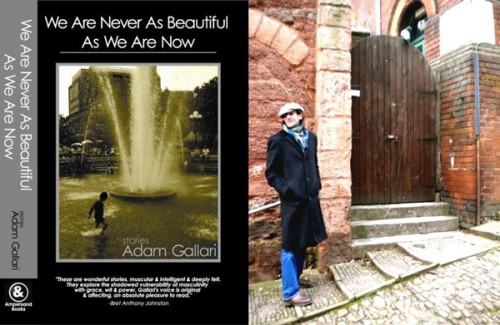
Blake Butler, Kate Zambreno, Amy King and I recently had a nice, interesting, and lengthy conversation about gender, publishing and so much more, prompted by lots of things including the recent, and largely excellent discussion in Blake’s “Language Over Body” post about the second issue of We Are Champion. Over the next three days, I’m going to post that conversation and we all hope you guys join in on our conversation and share your thoughts. You can find Part 1 here.
Amy: We’ve got our rooms and we’re writing – we are no longer invisible, unless editors and prize committees try to render us so. My response was an attempt to point out the other option, which is to be inclusive (which means showcasing possibly disparate work that could be in dialogue), via a new mag, PARROT, that includes work fitting the aforementioned bill:
“PARROT will print the work of Stephanie Rioux’s My Beautiful Beds, Harold Abramowitz’s A House on a Hill (House on a Hill Part 1), Amanda Ackerman’s I Fell in Love with a Monster Truck, Will Alexander’s On the Substance of Disorder, Amina Cain’s Tramps Everywhere, Allison Carter’s All Bodies Are The Same and They Have The Same Reactions, Kate Durbin’s Kept Women, Joseph Mosconi’s But On Geometric, Amaranth Ravva’s Airline Music, Mathew Timmons’ Complex Textual Legitimacy Proclamation, Allyssa Wolf’s Loquela as well as the work of Michelle Detorie, Vanessa Place, Brian Kim Stefans and others…”
I realize this number counting feels isolated and is usually defended as ‘accidental’. Just see PW’s note on their all male “Top Ten” list for 2009. But what gets lost when we don’t query such disproportionate representation is that the interests and views and styles that men write in are what we all: male, female, and every other gender get conditioned to, starting with child lit on up to college “classics.” Such lack parallels why the Wall Street fuck up might have been prevented, or at least lessened. If variety is the spice of life, shouldn’t that hold true for the literary landscape as well? There should be a symphonic cacophony, no?
READ MORE >







